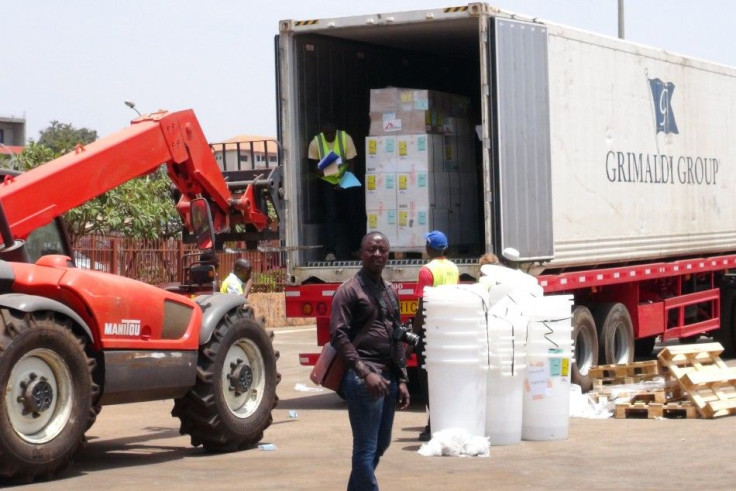Ebola Outbreak in Africa Kills Hundred; Things to Know About Ebola Virus Disease

Ebola virus disease (EVD) has started to spread in Africa after its outbreak earlier this year in forested areas in southeastern part of Guinea.
Reports said those infected remained undiagnosed for months until the Ministry of Health of Guinea took a move alerting the World Health Organization (WHO) about the outbreak.
WHO, in its press release, published on March 23 a total of 49 cases, including 29 deaths, have been recorded as of March 22.
The numbers increased in the span of weeks as EVD caused 83 deaths and 127 confirmed cases as of April 3 according to The Washington Post. It is spreading not only in Guinea but also Liberia and Sierra Leone. Now, several cases are observed in Mali and Ghana.
The EVD outbreak begins to create panic to different parts of Africa. Although there were no cases from the west or other parts of the world, WHO warns everyone to know the facts and be keen and be aware of the viral disease.
What is EVD?
EVD is caused by ebola virus that can cause up to 90% fatality rates in humans. The disease is usually transmitted from wild animals, especially fruit bats to humans.
The disease first appeared in Sudan and the Democratic Republic of Congo in 1976. The village where it has its first outbreak is near the ebola River, hence its name.
How Ebola Virus is Transmitted?
The virus can be transmitted from animals to human through direct contact with blood, secretions, organs or other bodily fluids of infected animals. It is transmitted from human to human through infection resulting from direct contact with the blood, secretions, organs or other bodily fluids of infected people. It could also spread through indirect contact with environments contaminated with such fluids.
Signs And Symptoms of Ebola Virus
An individual who is infected with the virus will experience muscle pain, sore throat, headache, intense weakness and sudden fever in the first stages of infection. Sooner the person will experience diarrhea rash, vomiting and this may result to something worse like impaired kidney and liver function and bleeding. The white blood cells and the platelet count will become low.
How can it be treated?
As of press time, there is no specific vaccine available for the disease. Specific treatment is also not available.






